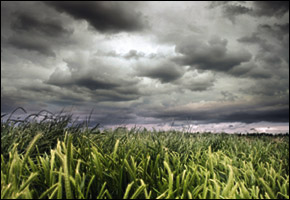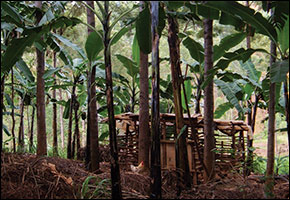White House Report: US to Face Floods, Droughts and Competition for Water

The White House issued last Tuesday an assessment of how global warming will unfold across the United States in the next century. Using the most up-to-date scientific data, The Global Climate Change Impacts in The United States report said that unprecedented changes in the water cycle and distribution will lead to increased competition for water supplies in the country.
The 196-page document –- the collaborative effort of 13 U.S. agencies, including NASA, the Department of State and the Department of Energy — concluded, among other things, that “Global warming is unequivocal and primarily human induced.” According to the report, released by the U.S. Global Change Research Program, more common and intense floods, droughts and rainfall, as well as less snow and snow pack will make wet areas wetter and dry areas drier in nine U.S. geographical zones.
“[The report] tells us why remedial action is needed sooner rather than later, as well as showing why that action must include both global emissions reductions to reduce the extent of climate change and local adaptation measures to reduce the damage from the changes that are no longer avoidable,” said John P. Holdren, director of the White House Office of Science and Technology Policy.
With heavier downpours and higher temperatures, the risk for waterborne diseases will increase, creating the need for strong public health infrastructure, the report said. The stress on the resources will also put energy infrastructures in direct competition, as many nuclear and fossil fuel power plants require significant water inputs for cooling towers.
“This report stresses that climate change has immediate and local impacts –- it literally affects people in their backyards,” said Jane Lubchenco, under secretary of commerce for oceans and atmosphere and administrator of the National Oceanic and Atmospheric Administration. This is an issue that clearly affects everyone.”
Read the report here.
Read more here.
Source: United States Global Change Research Program
Connor Bebb assists in daily operations, aids in research, oversees social media outlets and develops social media strategies at Circle of Blue.








Leave a Reply
Want to join the discussion?Feel free to contribute!